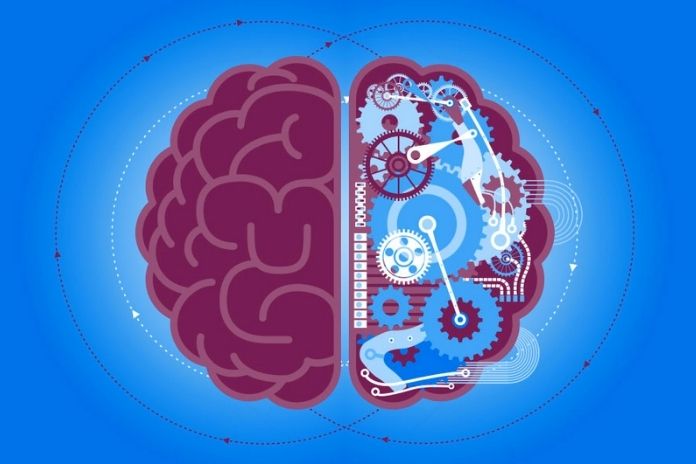Artificial Intelligence: Having pushed the limits of machine-enabled functionality, this technology can help computers work autonomously, resulting in the effective execution of interactive tasks.
According to an article in the Harvard Business Review, managers will have to adapt to Artificial Intelligence because it can help them perform repetitive, time-consuming administrative tasks, making them more effective and cost-effective.
Although machines dominating the world is a ubiquitous reference in cinema, for example, in the films “Ex Machina” and “I, Robot,”; AI is more about process and data analysis capability. Technology is not intended to replace human beings but rather to significantly improve human skills and contributions, making it a valuable business asset.
According to an article by the McKinsey consultancy, computing power is becoming increasingly relevant in the technology market; AI algorithms and models are more sophisticated. Perhaps most importantly, the world generates unimaginable volumes of the primary fuel that powers Artificial Intelligence: data. Because of this, in this post, we will address the main subfields that makeup Artificial Intelligence, its relationship with the institutions’ security systems, and how it can contribute to business development.
What Are The Main Fields Of Artificial Intelligence?
To achieve the total efficiency of AI, many companies are making significant investments in teams working on data science. According to a McKinsey report, two-thirds of companies worldwide will increase their investment in Artificial Intelligence in the next three years. According to the survey, companies are not only using this technology in Machine Learning operations, but they are also investing more efficiently in its use.
Therefore, for technology to effectively help in the processes within a company, managers need to understand the main fields that inhabit the area of Artificial Intelligence. Currently, the fields are based on three components: Machine Learning, Deep Learning, and Reinforcement Learning.
What Is Machine Learning?
Machine Learning or machine learning, translating into Portuguese, involves a data evaluation method that automates the development of analytical patterns.
Platforms that use Machine Learning can provide an evolved computational capacity when they need to act in the treatment of data, algorithms, APIs, and other solutions. Although all Machine Learning is the result of Artificial Intelligence, Not all AI is the result of Machine Learning.
What Is Deep Learning?
Deep Learning, on the other hand, is a particular type of machine learning. It involves artificial neural networks with multiple layers of abstraction to perform pattern recognition and classification applications supported by your stored dataset.
This aspect of Artificial Intelligence is widely used in facial and voice recognition. With Deep Learning, machines can perform tasks quickly and accurately from the sound of the environment, images, and recognized texts.
What Is Reinforcement Learning?
Reinforcement Learning is a branch of Machine Learning which brings more precision to the interaction between humans and machines. In the world of chatbots, Reinforcement Learning enables conversational bots to discover the right or wrong path for dialogue and the most appropriate response to each interaction.
In addition, by having more accurate information systems, Reinforcement Learning can be used in Artificial Intelligence to filter recommendation systems for each user. In other words, it can contribute to the personalization of a company’s contents.
Why Use Artificial Intelligence?
Artificial Intelligence can strongly contribute to the productivity of companies, either through the identification of unique consumer behavior during a payment; or by facilitating the creation of a personalized user experience.
Through Open Banking, for example, AI can recommend a new investment to the customer or even alert about an overdue account. In addition, the technology can also prove beneficial to be deployed as a virtual assistant while serving users.
Although the automation of intelligence seems daunting – even more considering an industry as traditional as finance – Artificial Intelligence makes it possible to achieve tangible benefits for those who want to attract new customers and increase profits in a scenario with an intense digital presence.
Also Read: Google Explains The Basics Of Artificial Intelligence On A Fun Website

